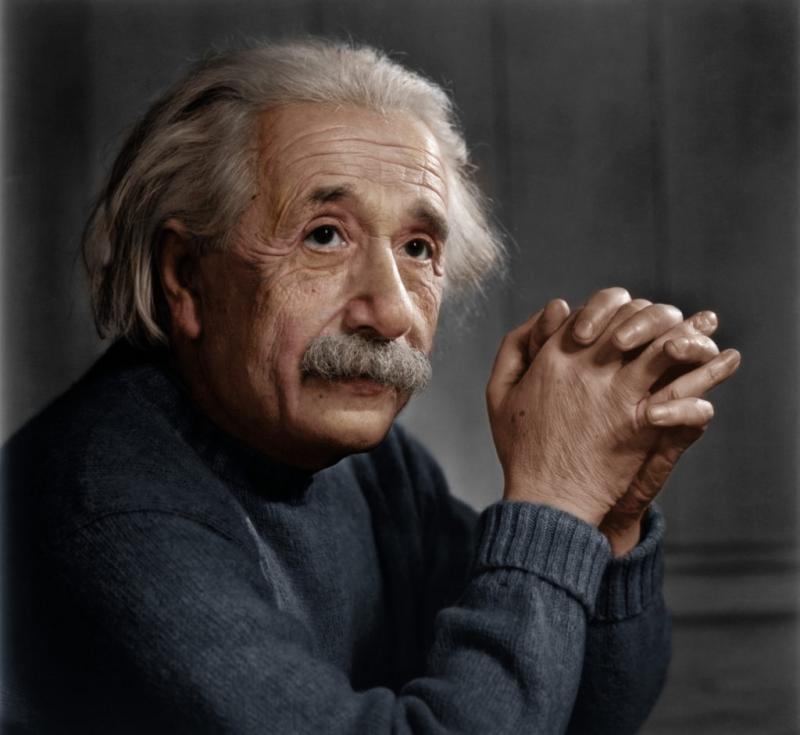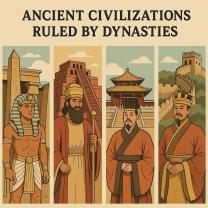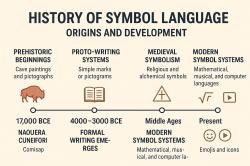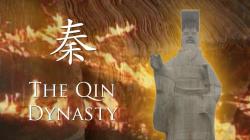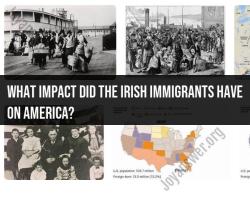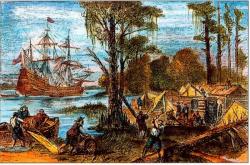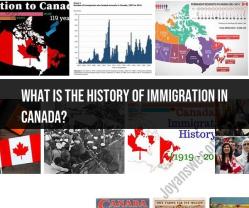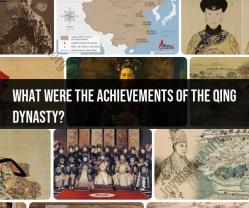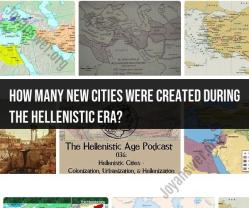Who are the most famous leaders in history?
Determining the "most famous" leaders in history can be subjective, as it depends on individual perspectives, cultural contexts, and historical periods. However, here is a list of some widely recognized and influential leaders from different parts of the world and various time periods:
Alexander the Great (356-323 BCE):
- Conqueror of one of the largest empires in ancient history.
Julius Caesar (100-44 BCE):
- Military general and statesman of the Roman Republic who played a critical role in the events that led to the demise of the Roman Republic and the rise of the Roman Empire.
Genghis Khan (c. 1162-1227):
- Founder of the Mongol Empire, one of the largest empires in history.
Queen Elizabeth I (1533-1603):
- Queen of England and Ireland during the Elizabethan Era, known for her political astuteness and the Elizabethan Renaissance.
Napoleon Bonaparte (1769-1821):
- Military general and Emperor of the French, known for his military conquests and impact on European history.
Mahatma Gandhi (1869-1948):
- Leader of the Indian independence movement through nonviolent civil disobedience, a key figure in India's struggle for independence.
Winston Churchill (1874-1965):
- British Prime Minister during World War II, known for his leadership and oratory skills.
Franklin D. Roosevelt (1882-1945):
- President of the United States during the Great Depression and World War II, implemented the New Deal.
Martin Luther King Jr. (1929-1968):
- Leader in the American civil rights movement, advocating for nonviolent protest and equality.
Mao Zedong (1893-1976):
- Founding father of the People's Republic of China, leader of the Chinese Communist Party.
Nelson Mandela (1918-2013):
- Anti-apartheid revolutionary and the first black president of South Africa.
John F. Kennedy (1917-1963):
- President of the United States during the Cuban Missile Crisis and advocate for civil rights.
Margaret Thatcher (1925-2013):
- British Prime Minister, the first woman to hold the office, known for her conservative policies.
Mother Teresa (1910-1997):
- Catholic nun and missionary, known for her humanitarian work and dedication to helping the poor.
Queen Victoria (1819-1901):
- Long-reigning monarch of the United Kingdom during a period of significant industrial, cultural, and political change.
These leaders had a profound impact on the course of history, and their contributions shaped the world in various ways. It's important to note that this list is not exhaustive, and there are many other influential leaders in different fields and regions throughout history.
Determining the "most famous" leaders in world history is inherently subjective and depends on a range of factors and cultural contexts. However, we can explore some of the prominent figures who have left an undeniable mark on the world and delve into the complexities of historical fame:
1. A Constellation of Luminaries:
Several historical figures consistently appear on "famous leaders" lists, though the specific names and rankings can vary greatly:
- Military and political leaders: Alexander the Great, Genghis Khan, Julius Caesar, Napoleon Bonaparte, Winston Churchill, Mahatma Gandhi, Martin Luther King Jr.
- Monarchs and emperors: Queen Elizabeth I, Cleopatra, King Tutankhamun, Qin Shi Huang, Emperor Ashoka
- Religious figures: Jesus Christ, Muhammad, Buddha, Moses, Abraham Lincoln (as a figure revered for abolishing slavery and promoting religious tolerance)
- Cultural and intellectual pioneers: Aristotle, Leonardo da Vinci, Michelangelo, Shakespeare, Albert Einstein, Marie Curie
2. Qualities and Achievements:
The reasons for a leader's fame can be diverse:
- Transformative impact: Leaders who shaped political landscapes, revolutions, cultural shifts, or technological advancements often gain lasting recognition.
- Military prowess: Victorious conquerors and strategists have often garnered fame, though its nature can be controversial.
- Social and ethical leadership: Leaders who champion freedom, human rights, or social justice movements can achieve widespread recognition.
- Cultural and intellectual influence: Thinkers, artists, and innovators who redefined artistic expression, scientific paradigms, or philosophical thinking can attain lasting fame.
3. Universal Recognition and Celebration:
There are few figures recognized and celebrated globally with consistent reverence. Certain religious figures like Jesus Christ or Muhammad hold immense significance for specific communities, but their universal acceptance can be complex. However, leaders like Nelson Mandela, who spearheaded the dismantling of apartheid in South Africa, or Mother Teresa, whose humanitarian work transcended boundaries, are often recognized for their universally positive impact.
4. Historians and Scholars:
Historians and scholars assess leadership through various lenses:
- Contextual analysis: Evaluating leaders within their historical framework, considering the challenges and opportunities they faced.
- Long-term consequences: Examining the enduring impact of their decisions and actions on society, economies, and political systems.
- Ethical considerations: Appraising leaders' motivations, methods, and adherence to moral principles.
- Legacy and enduring influence: Analyzing the ongoing effects of their leadership on subsequent generations and global events.
5. Shaping the Course of History:
Famous leaders, regardless of their achievements or methods, have undeniably shaped the course of history in various ways:
- Political and social changes: Initiating revolutions, reforms, or establishing empires that altered political landscapes and social structures.
- Technological advancements: Leading scientific discoveries, engineering feats, or fostering innovation that redefined human capabilities.
- Cultural and artistic expressions: Inspiring artistic movements, philosophical perspectives, or religious doctrines that profoundly influenced societies.
- Ideological shifts: Championing causes, ideologies, or movements that changed the way people think about themselves and the world around them.
Remember, defining historical fame is a complex and subjective endeavor. Recognizing the diverse perspectives and nuances within and across cultures helps us appreciate the multifaceted legacies of leaders who have shaped our world in countless ways.
